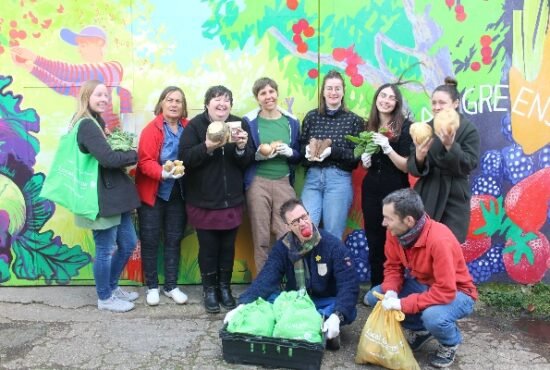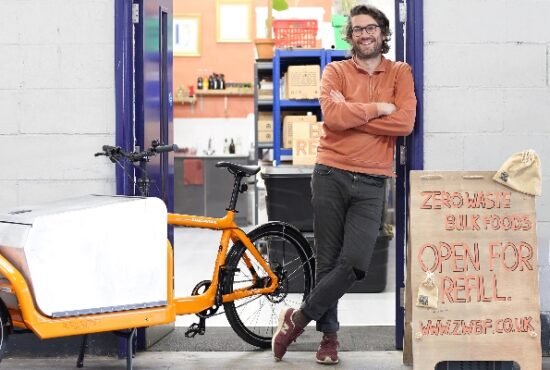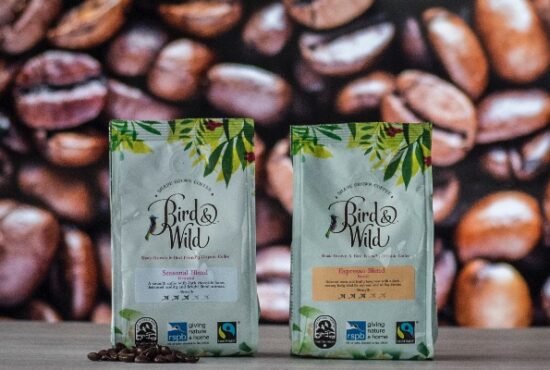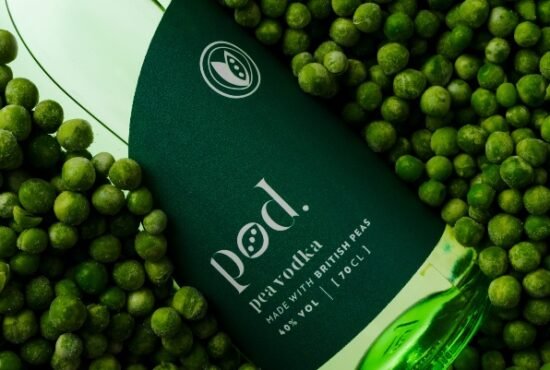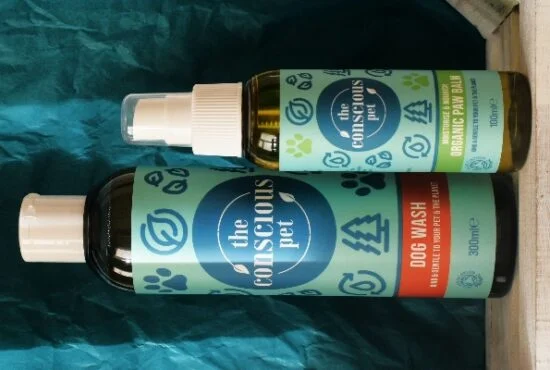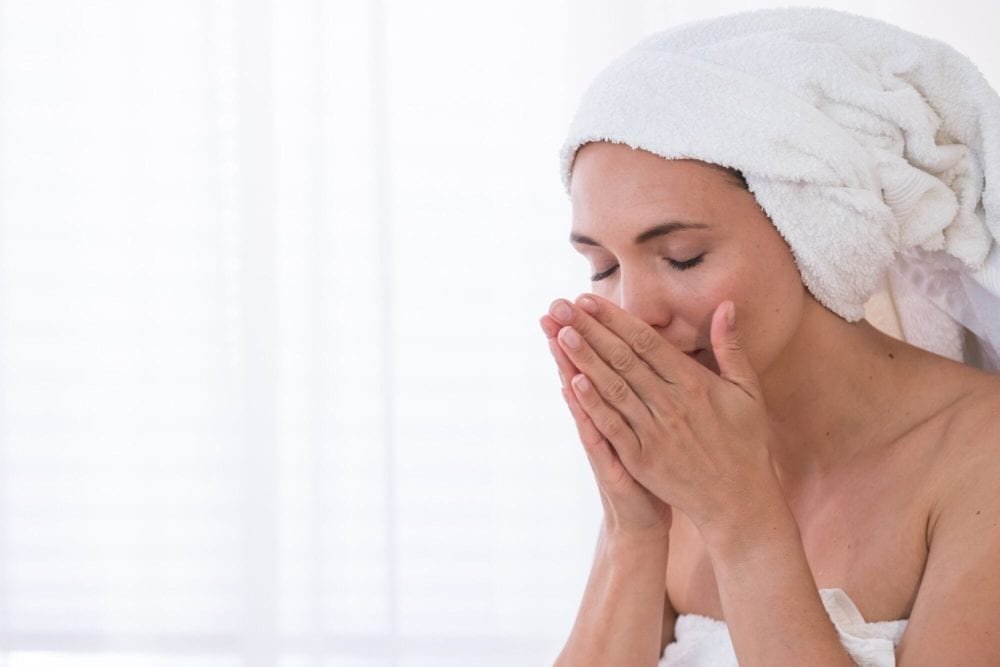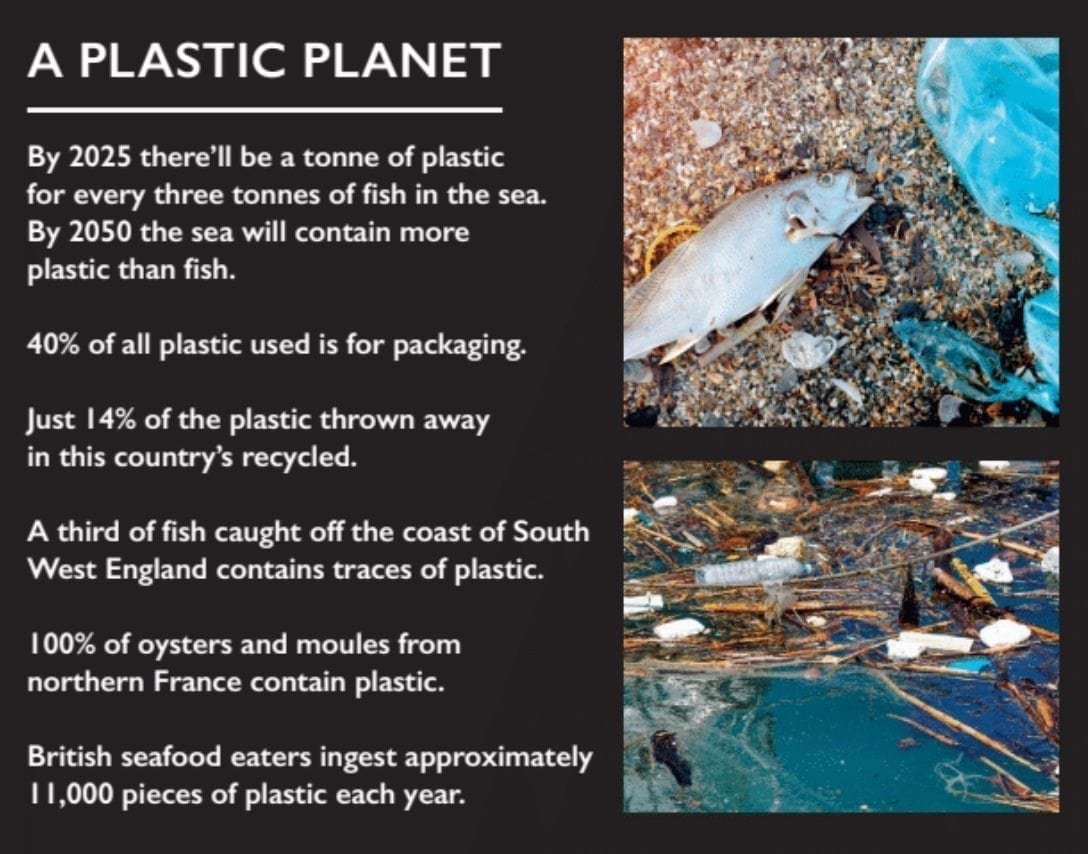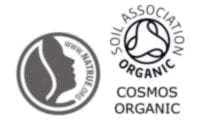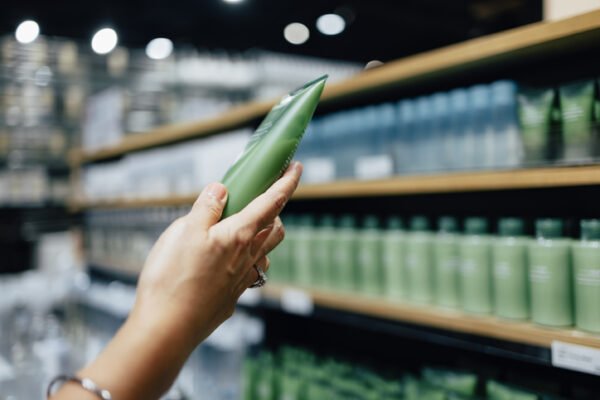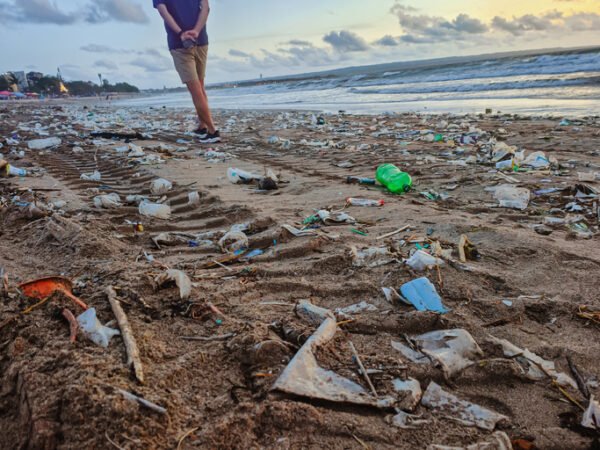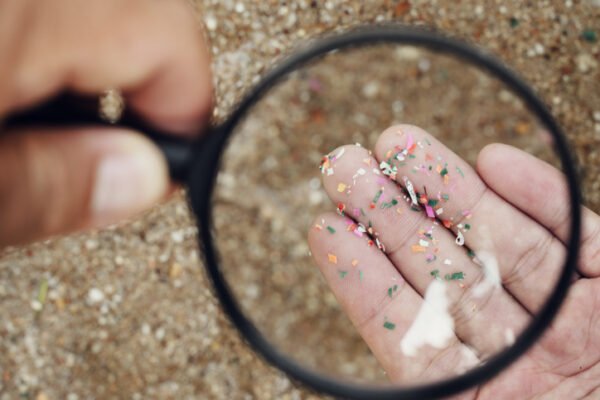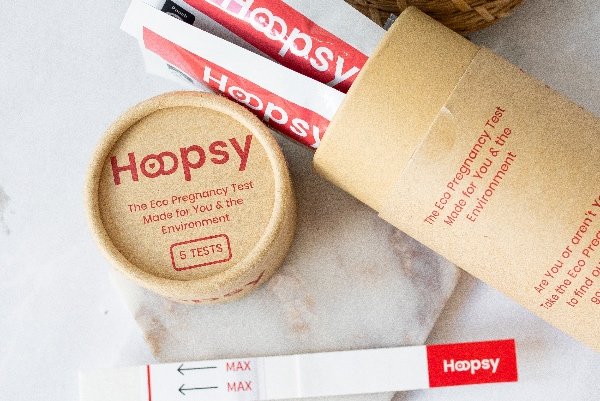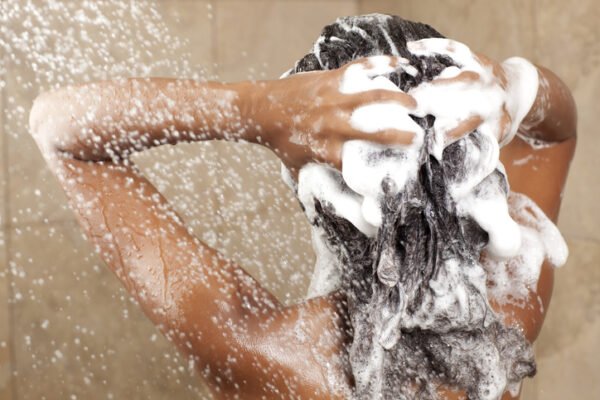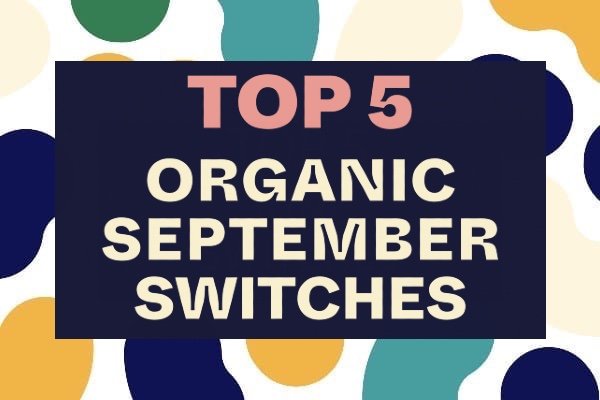This article first appeared in our winter ’18 issue of MyGreenPod Magazine, The Resolution Revolution. Click here to subscribe to our digital edition and get each issue delivered straight to your inbox
If you’ve made a resolution for 2018, the chances are it involves being kinder to your body: a recent YouGov poll cited eating better as the UK’s number one New Year’s resolution for 2018, followed by exercising more.
Ditching chocolate and hitting the gym will do wonders for your body, but so would changing your beauty regime – plus it might just save the planet.
Clean: the new trend
Our ‘need’ to stay clean and smell nice is only a relatively recent phenomenon; the first shampoo was only invented in the 1930s and until the ‘50s most people didn’t even have an indoor bathroom.
We’ve since discovered the joy of bubbles, which are made using known skin irritants called surfactants, and use not only shampoo but also conditioner, gels, sprays, mousses and waxes in a bid to create a glossy style that lasts all day and into the night.
A weekly bath in front of the fire wouldn’t cut it these days; our urge to feel and smell clean now supports a £6bn industry. We’re spending more money on products, but we’re also becoming sicker.
What are you really eating for breakfast?
If you care about what you feed your body every morning, you need to consider what you put on your skin as well as what goes into your mouth.
While personal care products were once made in the field using simple formulations that biodegraded, they’re now made in the lab. The foaming agents in toothpastes and aluminium salts in anti-perspirants are just two of the hidden ingredients that contribute to a toxic soup in our bodies. You may smell lovely as a result, but about 60% of anything you put on your skin gets absorbed into your body and ends up in your system.
Research from the Women’s Environmental Network (WEN) reveals that every day, 12.2 million adults – one in every 13 women and one in every 23 men – are exposed to ingredients that are known or probable human carcinogens through the personal care products they use.
In fact, the daily personal care routine of almost all women (94%) leads to a potential exposure to the carcinogenic impurity hydroquinone.
Sick skin
The skin is our largest – and perhaps most overlooked – organ; it provides a barrier to all sorts of pathogenic threats, helps to eliminate toxins, regulates our temperature and balances lost moisture.
The heavy use of modern synthetics in personal care products means we’re stripping our skin of its natural defences and killing our ‘good’ skin bacteria, which is one of the reasons auto-immune diseases like eczema and asthma are on the rise. The prevalence of allergic conditions in the UK is among the highest in the world, with a staggering 44% of British adults now suffering from at least one allergy.
There are also approximately eight million people with a skin disease in the UK; some are manageable, others are severe enough to kill.
The bigger picture
The products we put on our bodies are bad for our health and bad for the planet. The cocktail of chemicals we scrub into our skin ends up being washed down the plughole and flushed into our water systems.
The good news is that we’re starting to connect the dots and wake up to the damage we’re doing to our rivers and oceans, not to mention the life in them. Officially named the UK’s ‘Best TV Show’, the new series of David Attenborough’s most recent venture, Blue Planet II, brought joy, tears and a stark reality to the nation.
According to online search behavioural specialist Hitwise, the number of people searching about the dangers of plastic in our oceans doubled when comparing the seven weeks before and after episode one. Searches on ‘plastic recycling’ rose by 55% following the programme’s heart-wrenching finale, as viewers looked for ways to help fix the problem.
A plastic-free aisle?
Brands want to play their part, too; in December a letter published in the Financial Times called on supermarkets to introduce a plastic-free aisle, an idea put forward by campaign group A Plastic Planet and backed by Theresa May when she launched the government’s 25 Year Environment Plan on 11 January.
The letter acknowledged that ‘by recycling plastic, we are merely recycling the problem’, and stated a plastic-free aisle would be good for business. ‘With at least a third of consumers saying that they base their purchasing decisions on the social and environmental impact of the products they buy, a plastic-free aisle would help supermarkets win over this growing band of informed consumers’, it concluded.
The letter was signed by big-hitters including Andy Clarke, former CEO of Asda; Sir Ian Cheshire, chairman of Debenhams; Lord Rose of Monewden, former CEO of Argos and former chairman and CEO of Marks and Spencer; Lord MacLaurin of Knebworth, former chairman of Tesco and Lord Stone of Blackheath, former managing director of Marks and Spencer.
Another signatory was Jayn Sterland, MD of Weleda UK, who was ranked top of the Who’s Who in Natural Beauty list of industry movers and shakers in both 2016 and 2017. Weleda is different from other cosmetic brands; it does things ‘the Weleda Way’ and has been pioneering clean beauty since 1921.
 Play Video about This Rock Might Just Save The World
Play Video about This Rock Might Just Save The World Play Video about Play 2 hours of rock
Play Video about Play 2 hours of rock Play Video about Play 2 hours of brook
Play Video about Play 2 hours of brook Play Video about Play 2 hours of sheep
Play Video about Play 2 hours of sheep

